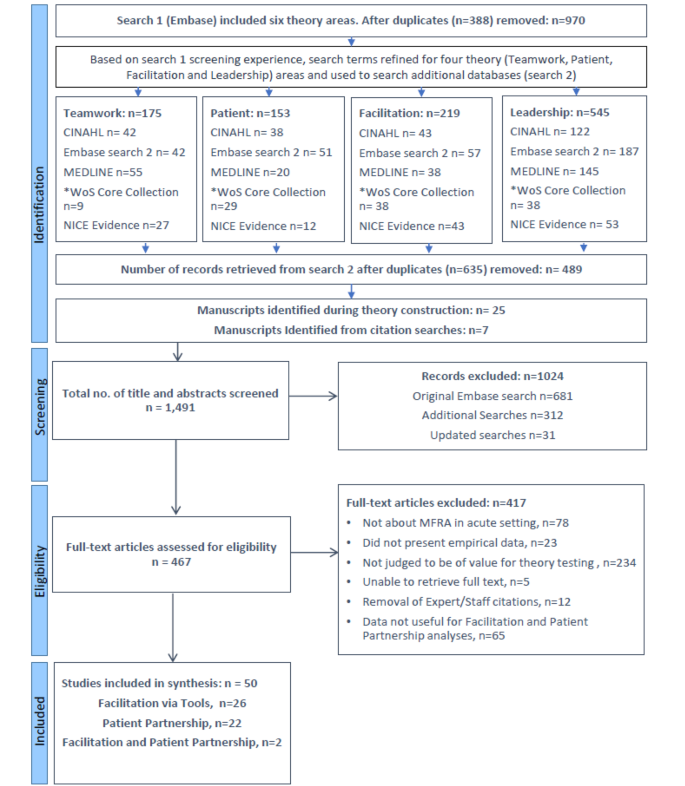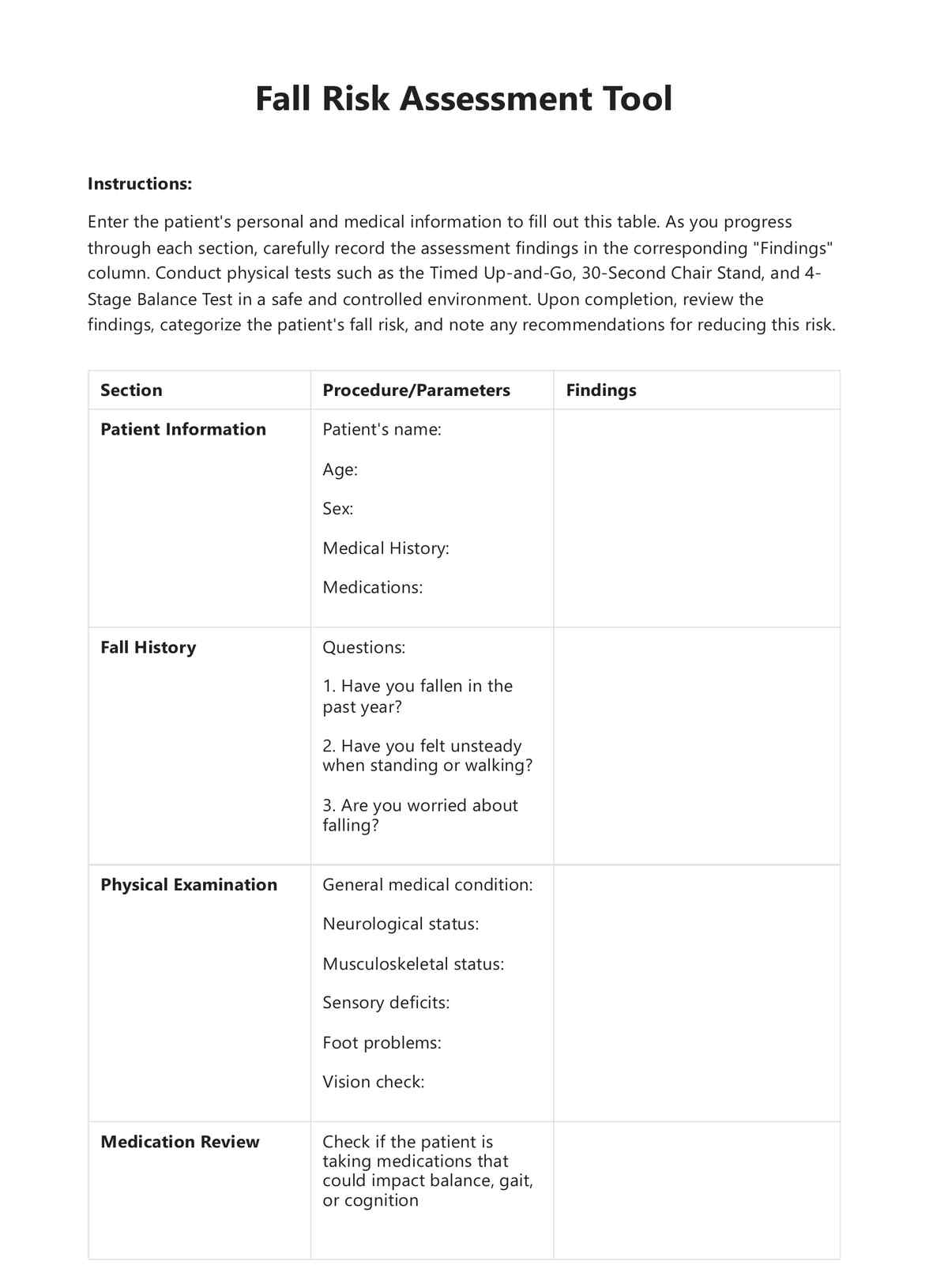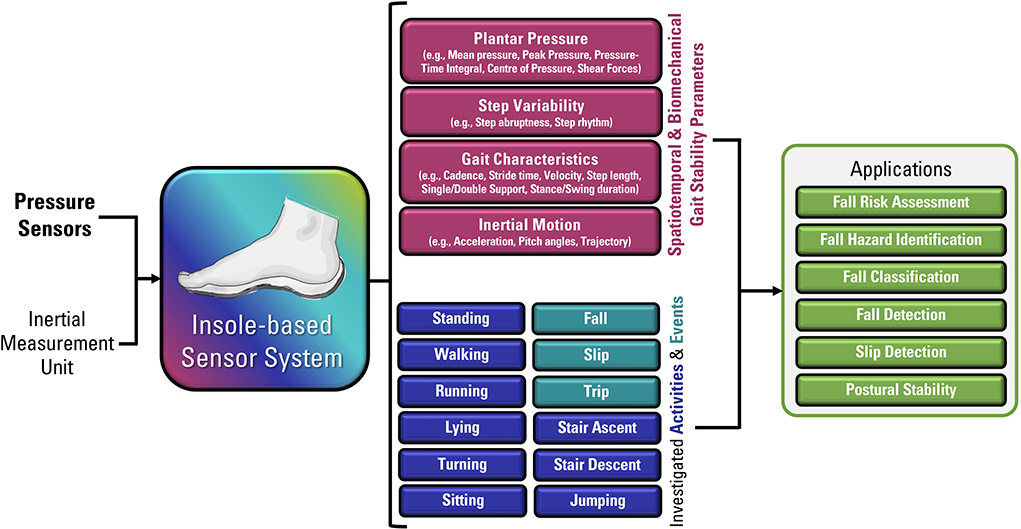Dementia Fall Risk for Dummies
Dementia Fall Risk for Dummies
Blog Article
The 5-Minute Rule for Dementia Fall Risk
Table of ContentsGetting The Dementia Fall Risk To WorkSome Of Dementia Fall RiskDementia Fall Risk for Dummies6 Easy Facts About Dementia Fall Risk ExplainedRumored Buzz on Dementia Fall Risk
The FRAT has three areas: fall danger condition, risk element checklist, and action plan. A Loss Risk Condition includes data regarding history of current falls, medications, emotional and cognitive condition of the patient - Dementia Fall Risk.If the patient scores on a danger element, the matching number of factors are counted to the patient's autumn danger rating in the box to the far. If a client's autumn threat score amounts to five or greater, the person goes to high risk for drops. If the patient scores just 4 factors or lower, they are still at some danger of dropping, and the registered nurse should use their ideal professional evaluation to handle all fall threat factors as part of an all natural care plan.
These typical techniques, in general, aid create a safe setting that lowers unintentional falls and defines core preventive steps for all patients. Signs are vital for individuals at danger for drops. Medical care carriers need to acknowledge who has the condition, for they are accountable for implementing actions to promote person safety and security and protect against falls.
How Dementia Fall Risk can Save You Time, Stress, and Money.
For example, wristbands ought to consist of the patient's last and given name, day of birth, and NHS number in the UK. Details ought to be printed/written in black versus a white history. Only red color should be utilized to indicate special person status. These suggestions follow current advancements in individual identification (Sevdalis et al., 2009).
Things that are as well far might call for the client to reach out or ambulate unnecessarily and can possibly be a hazard or add to drops. Aids stop the person from heading out of bed without any type of help. Nurses respond to fallers' phone call lights quicker than they do to lights initiated by non-fallers.
Aesthetic disability can significantly create drops. Hip pads, when worn correctly, might decrease a hip fracture when fall happens. Maintaining the beds closer to the flooring lowers the risk of falls and serious injury. Putting the mattress on the flooring considerably minimizes fall danger in some healthcare setups. Reduced beds are developed to lessen the distance a patient drops after relocating out of bed.
Rumored Buzz on Dementia Fall Risk
People that are tall and with weak leg muscle mass that attempt to remain on the bed from a standing position are likely to fall onto the bed because it's also reduced for them to lower themselves safely. Also, if a tall patient attempts to obtain up from a navigate to these guys low bed without support, the patient is most likely to fall back down onto the bed or miss out on the bed and fall onto the floor.
They're made to advertise timely rescue, not to avoid falls from bed. Audible alarm systems can additionally advise the individual not to rise alone. Making use of alarms can additionally be a replacement for physical restrictions. Besides bed alarms, enhanced supervision for high-risk individuals likewise might help protect against drops.

Clients with an evasion stride rise loss possibilities substantially. To lower loss risk, shoes ought to be with a little to no heel, thin soles with slip-resistant step, and sustain the ankle joints. Advise individual to make use of nonskid socks to stop the feet from gliding upon standing. However, urge clients to wear suitable, well-fitting shoesnot nonskid socks for ambulation.
What Does Dementia Fall Risk Do?
In a research study, homes with sufficient lights report fewer drops (Ramulu et al., 2021). Enhancement in lights at home might decrease fall rates in older grownups.

Sitters are efficient for ensuring a protected, secured, and safe setting. However, studies showed very low-certainty evidence that sitters lower click reference autumn danger in acute care health centers and only moderate-certainty that options like video surveillance can minimize sitter use without boosting autumn danger, suggesting that sitters are not as helpful as at first thought (Greely et al., 2020).
Excitement About Dementia Fall Risk

Raised physical conditioning lowers the danger for falls and restricts injury that is sustained when loss transpires. Land and water-based workout programs may be similarly helpful on equilibrium and stride and therefore minimize the risk for falls. Water exercise might add a favorable benefit on equilibrium and stride for females 65 years and older.
Chair Surge Exercise is an easy sit-to-stand workout that helps strengthen the muscle mass in the thighs and buttocks and improves movement and self-reliance. The objective is to do Chair Increase exercises without making use of hands as the client becomes stronger. See resources section for a detailed instruction on exactly how to execute go to the website Chair Surge workout.
Report this page